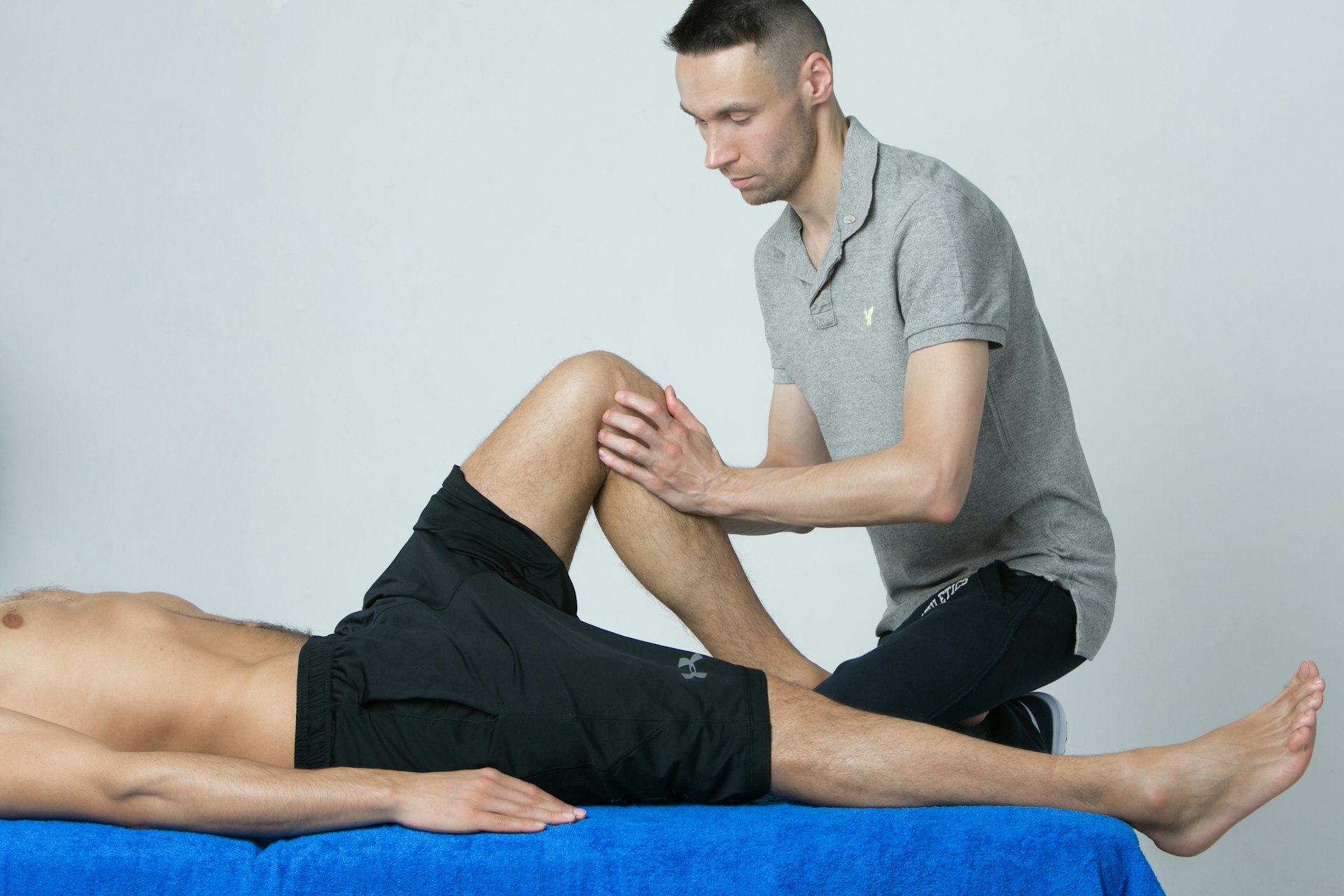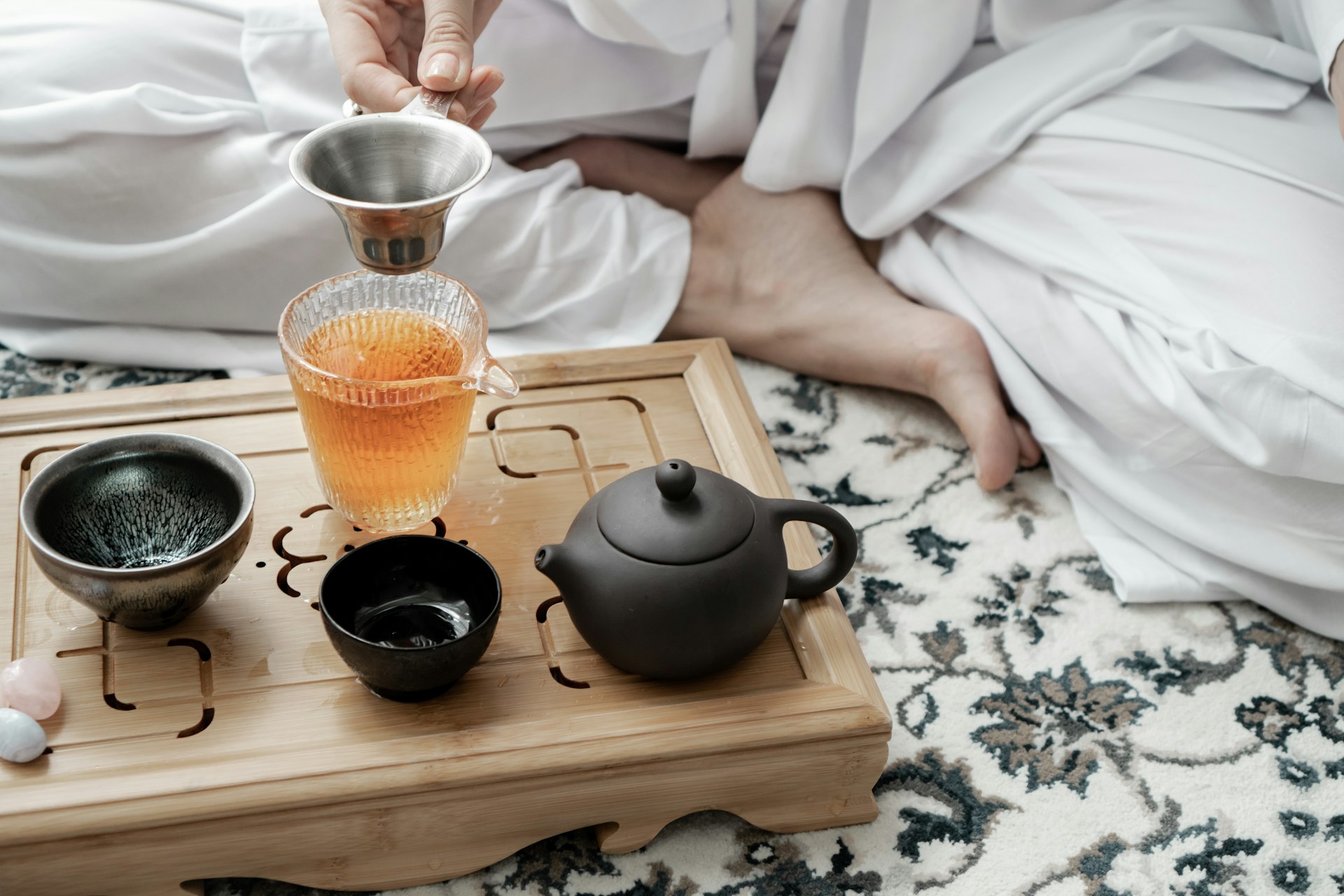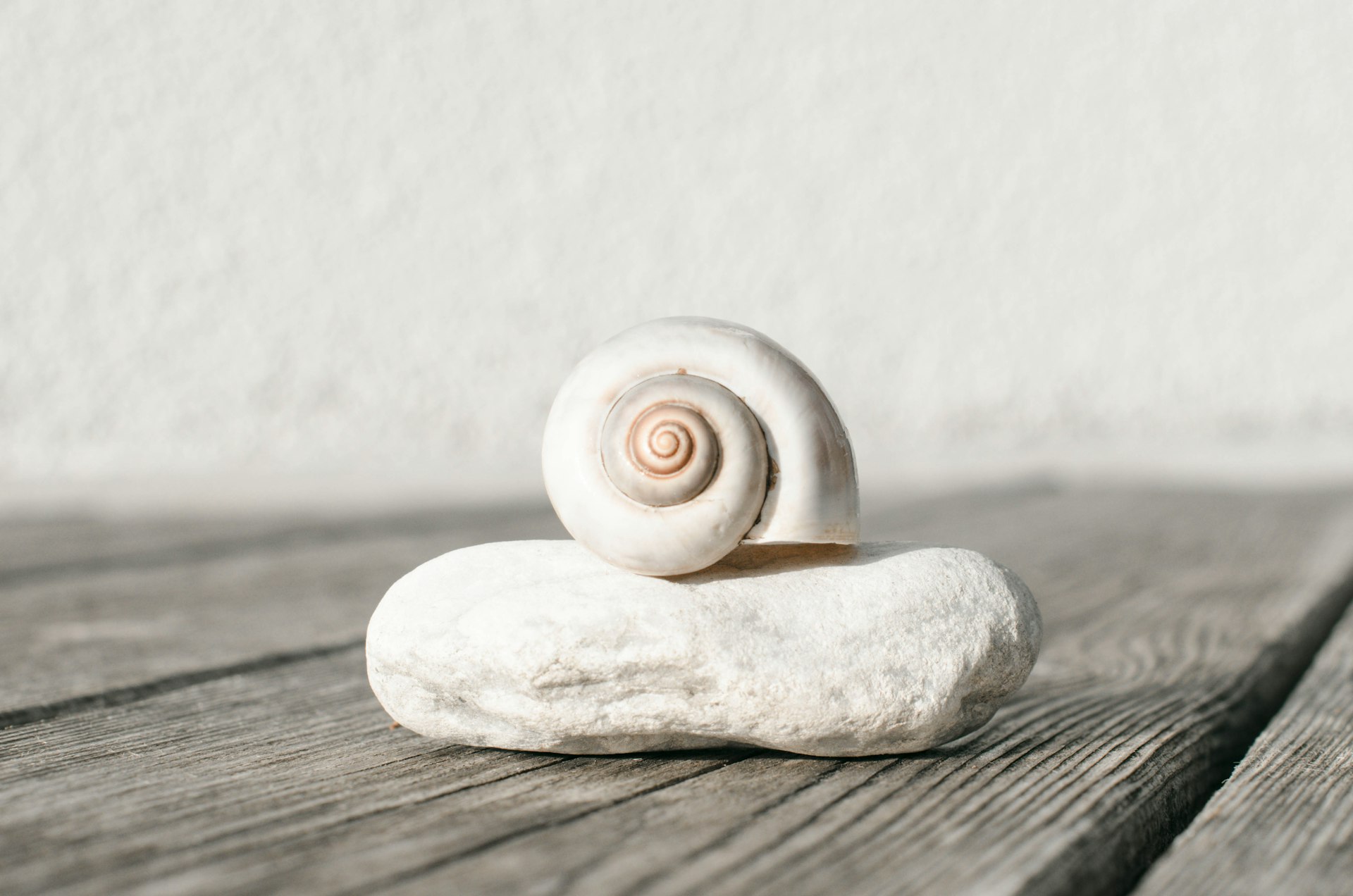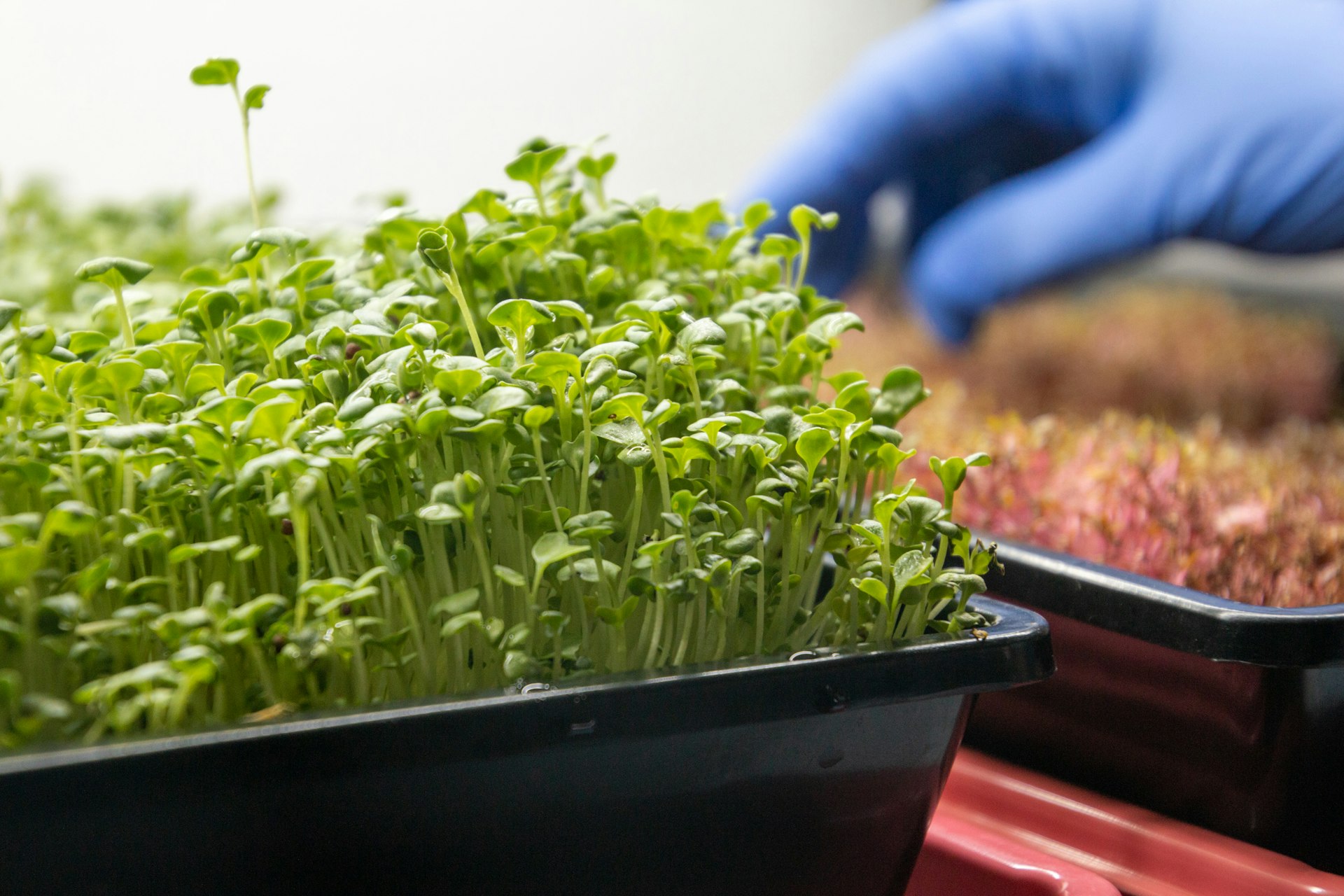Unlocking Calm: How Mindfulness Transforms Stress into Resilience

Photo by Daoud Abismail on Unsplash
Introduction: Understanding Mindfulness and Stress
In a world where the pace of life seems to accelerate daily, stress has become a nearly universal experience. From professional pressures to personal challenges, chronic stress can have profound impacts on both mental and physical health. Mindfulness -the practice of paying attention to the present moment with acceptance-offers a practical, evidence-based approach to reducing stress and building resilience. In recent decades, scientific research has validated the benefits of mindfulness, making it a cornerstone of modern stress management strategies [1] . This article explores the importance of mindfulness in stress reduction, explains how to implement it in daily life, and provides guidance to help you access mindfulness-based resources and support.
The Science Behind Mindfulness and Stress Reduction
Extensive research demonstrates that mindfulness-based practices can significantly reduce stress and improve emotional well-being. One of the most widely studied approaches is Mindfulness-Based Stress Reduction (MBSR), developed by Dr. Jon Kabat-Zinn. MBSR programs combine meditation, gentle yoga, and mind-body awareness techniques to cultivate mindfulness. Clinical trials have shown that MBSR participants experience lower levels of anxiety, depression, and somatic distress compared to control groups [1] . These findings are supported by meta-analyses, which reveal that mindfulness training leads to measurable reductions in emotional distress and improved cognitive functioning [2] .

Photo by Markus Winkler on Unsplash
Brain imaging studies offer further insight, showing that regular mindfulness practice can alter neural pathways responsible for emotion regulation, attention, and self-awareness. Practitioners often exhibit greater gray matter concentration in areas of the brain linked to sensory processing and emotional regulation, suggesting that mindfulness can physically reshape the brain to be more resilient to stress [3] .
Key Benefits of Mindfulness for Stress Reduction
Mindfulness does not eliminate stressors from your life, but it changes your relationship to them. Here are the primary benefits, supported by scientific evidence:
- Decreased Stress and Anxiety: Regular mindfulness practice enables individuals to observe stressful thoughts and emotions without becoming overwhelmed, leading to notable reductions in perceived stress and anxiety symptoms [2] . For example, medical students participating in MBSR programs reported significantly less anxiety and depressive symptoms compared to control groups [1] .
- Improved Emotional Regulation: Mindfulness fosters self-awareness and acceptance. This non-judgmental attitude helps individuals respond to emotional challenges more constructively, reducing emotional reactivity and increasing resilience [3] .
- Enhanced Cognitive Flexibility and Attention: Studies have shown that mindfulness practice improves working memory, executive functioning, and the ability to shift attention. These cognitive benefits make it easier to navigate complex or stressful situations [2] .
- Better Physical Health: Mindfulness-based interventions can positively impact physical health by lowering blood pressure, improving immune system functioning, and reducing symptoms of chronic pain. Participants in MBSR programs have also reported better sleep quality and reduced fatigue [4] .
- Increased Psychological Resilience: Mindfulness promotes qualities like hope, empathy, and self-compassion, which are critical for building resilience over time [5] .
How to Begin a Mindfulness Practice
Starting a mindfulness practice does not require special equipment or extensive training. Follow these step-by-step guidelines to integrate mindfulness into your daily routine:
- Set Aside Time: Begin with 5-10 minutes a day. Choose a quiet space where you can focus without distractions.
- Adopt a Comfortable Posture: Sit or lie down in a relaxed but alert position. Close your eyes if it feels comfortable.
- Focus on Your Breath: Pay attention to the natural rhythm of your breath. When your mind wanders, gently bring your attention back to your breathing.
- Notice Thoughts Without Judgment: Observe any thoughts, sensations, or emotions that arise. Acknowledge them without labeling them as “good” or “bad.” Allow them to pass like clouds in the sky.
- Practice Regularly: Consistency is key. Gradually increase your practice time as you become more comfortable.
For those seeking structured guidance, consider enrolling in an MBSR program. Many healthcare providers, hospitals, and community centers offer these programs. You can search for “Mindfulness-Based Stress Reduction programs near me” or check with your local hospital’s integrative health department.
Overcoming Common Challenges
It’s normal to encounter obstacles when developing a mindfulness practice. Common challenges include restlessness, skepticism, or difficulty finding time. Here are practical solutions:
- Restlessness or Distraction: If you struggle to focus, try shorter sessions and gradually increase your time. Remember, the goal is not to empty your mind but to notice what arises without judgment.
- Skepticism: Some individuals may doubt the benefits. Reviewing scientific studies or attending introductory workshops can help build confidence in the practice’s effectiveness [1] .
- Lack of Time: Incorporate mindfulness into everyday activities, such as mindful eating, walking, or even washing dishes. Brief “mindful moments” throughout the day can be highly effective.
- Emotional Discomfort: Mindfulness sometimes brings challenging emotions to the surface. If this happens, consider seeking support from a qualified mindfulness instructor or mental health professional.
Alternative Approaches and Additional Resources
While formal meditation is a core component of mindfulness, there are other ways to cultivate mindful awareness. Activities such as yoga, tai chi, and mindful breathing exercises offer alternative paths. Some people benefit from guided meditations available through reputable sources, such as academic health centers or established mindfulness organizations. You can explore resources from the American Psychological Association or consult with your healthcare provider for recommendations.
For those interested in workplace or school-based programs, many organizations now offer mindfulness training as part of wellness initiatives. To find out if your employer or educational institution provides these resources, contact your human resources or student wellness office and inquire about available mindfulness and stress reduction programs.
Step-by-Step Guide for Accessing Mindfulness Services
If you wish to participate in a formal mindfulness-based program, here is a practical approach:
- Contact your primary care provider or mental health professional to ask about local MBSR programs or referrals.
- Search for “evidence-based mindfulness programs” in your area using reputable sources such as hospital websites, university wellness centers, or certified mindfulness instructors.
- Check if your health insurance includes coverage for stress management or behavioral health services that may include mindfulness-based interventions.
- For online options, many universities and health systems offer virtual MBSR programs. Confirm the legitimacy of any organization before enrolling.
If you are unable to access a formal program, you can still benefit from self-guided mindfulness exercises, books, and free audio resources from established health organizations. When in doubt, consult your healthcare provider for guidance on reputable sources.
Conclusion: Making Mindfulness a Sustainable Practice
Mindfulness is a powerful, research-backed tool that can transform your response to stress and enhance overall well-being. By cultivating present-moment awareness and acceptance, you can increase resilience, regulate emotions, and improve both mental and physical health. Whether through structured programs or simple daily exercises, mindfulness offers accessible pathways to greater calm and balance. Begin with small steps and explore available resources to integrate mindfulness into your life for lasting stress reduction and personal growth.
References
- American Psychological Association (2012). The benefits of mindfulness.
- Duke Health (2023). The Benefits of the Mindfulness-Based Stress Reduction Program.
- Keng, S. L., Smoski, M. J., & Robins, C. J. (2011). Effects of Mindfulness on Psychological Health: A Review of Empirical Studies.
- Frontiers in Psychology (2024). Exploring the sustained impact of the Mindfulness-Based Stress Reduction program.
- American Psychological Association Services (2014). Research roundup: Mindfulness-based stress reduction.
MORE FROM hotondeals.com













